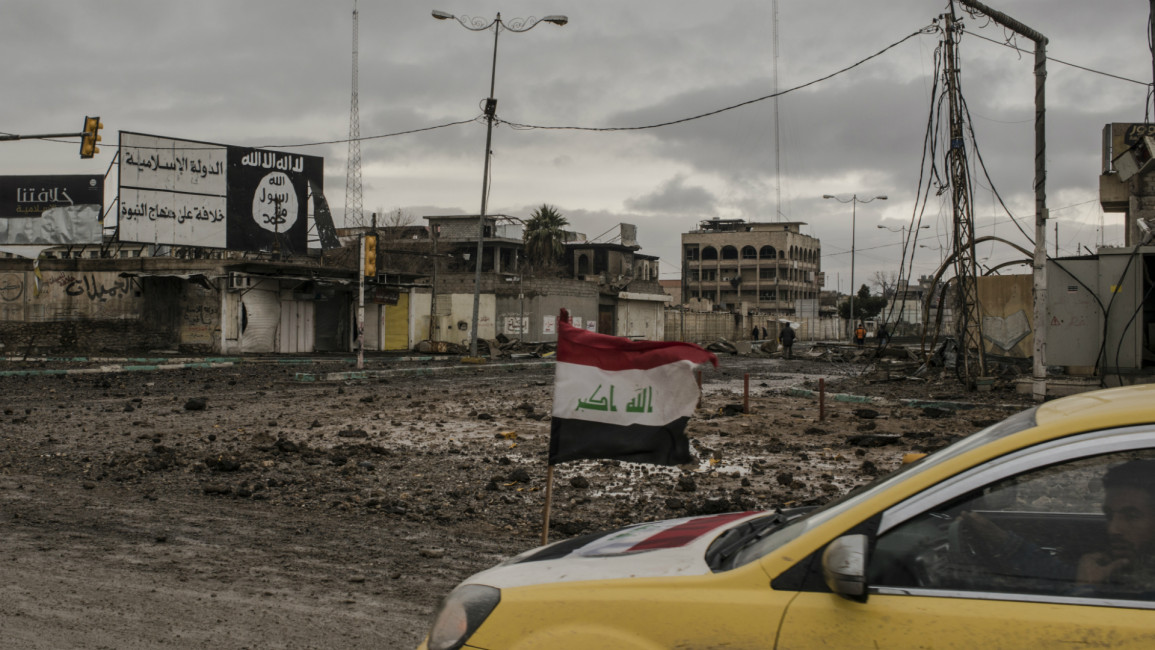UK terror threat could rise as IS' 'caliphate' crumbles
The head of the UK's terrorism watchdog has warned that the Islamic State group are planning "indiscriminate attacks on innocent civilians", saying that the threat of terror attacks on British soil is at its highest since the 1970s.
Speaking to The Sunday Telegraph Max Hill QC - who recently became the British government's independent reviewer of terrorism legislation - compared the threat posed by IS to that of the IRA in the 1970s.
"It is possible to point to distinctions in terms of the mindset, organisation and strategy of different terrorist groups and therefore it would be wrong to draw a simple comparison between Irish republicanism and the ideology of so-called Islamic State," said Hill, who successfully prosecuted the 21/7 plotters who failed in attempts to carry out attacks in London after the 7 July 2005 bombings, in which more than 50 people were killed.
"But in terms of the threat that's represented, I think the intensity and the potential frequency of serious plot planning - with a view to indiscriminate attacks on innocent civilians of whatever race or colour in metropolitan areas - represents an enormous on-going risk that none of us can ignore.
"I think that there is undoubtedly significant ongoing risk which is at least as great as the threat to London in the 70s when the IRA were active on the mainland."
In the 1970s the IRA launched attacks in the UK in an attempt to force an end to British control of Northern Ireland and establish an independent, united Ireland.
The organisation carried out attacks on targets including the BBC and British parliament in addition to civilian locations such as public houses. It gave up armed struggle in 1998 when it signed a peace deal, following a conflict in which more than 3,600 people were killed.
Commenting on IS, Hill expressed concern that that threat posed by the extremist group would only increase as British citizens who travelled to Syria and Iraq to fight with the group seek to return home.
"It's an enormous concern that large numbers - we know this means at least hundreds of British citizens who have left this country in order to fight - are now returning or may be about to return.
"Of course the imminent fall of Mosul and perhaps the prospective retaking of Raqqa are both bound to lead to a higher instance of returning fighters," said Hill.
IS has not yet launched an attack in the UK but militants pledging allegiance to the group have launched numerous deadly attacks on mainland Europe in the past few years including a November 2015 Paris attack that left 130 dead.
As the extremist group loses ground in Iraq and Syria security officials have warned of an increased threat posed by the group in lone wolf, and remote attacks outside of territory it controls.


![President Pezeshkian has denounced Israel's attacks on Lebanon [Getty]](/sites/default/files/styles/image_684x385/public/2173482924.jpeg?h=a5f2f23a&itok=q3evVtko)



 Follow the Middle East's top stories in English at The New Arab on Google News
Follow the Middle East's top stories in English at The New Arab on Google News


